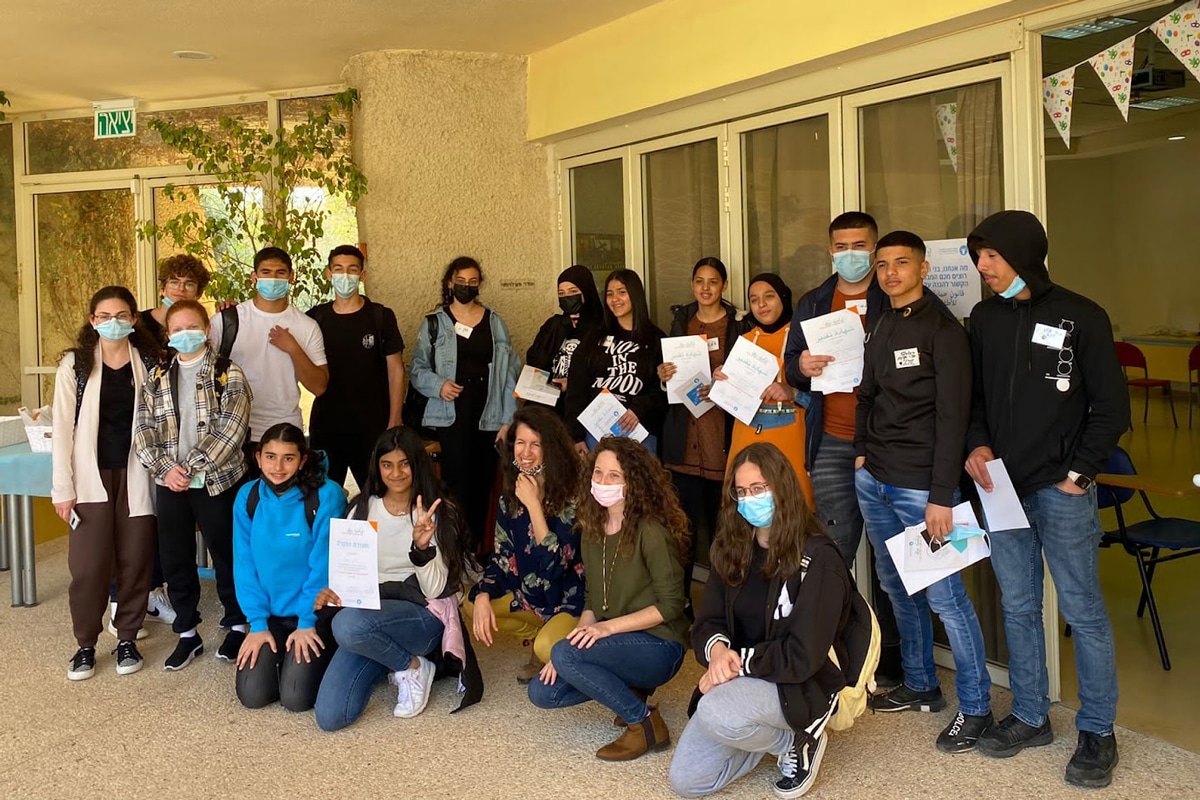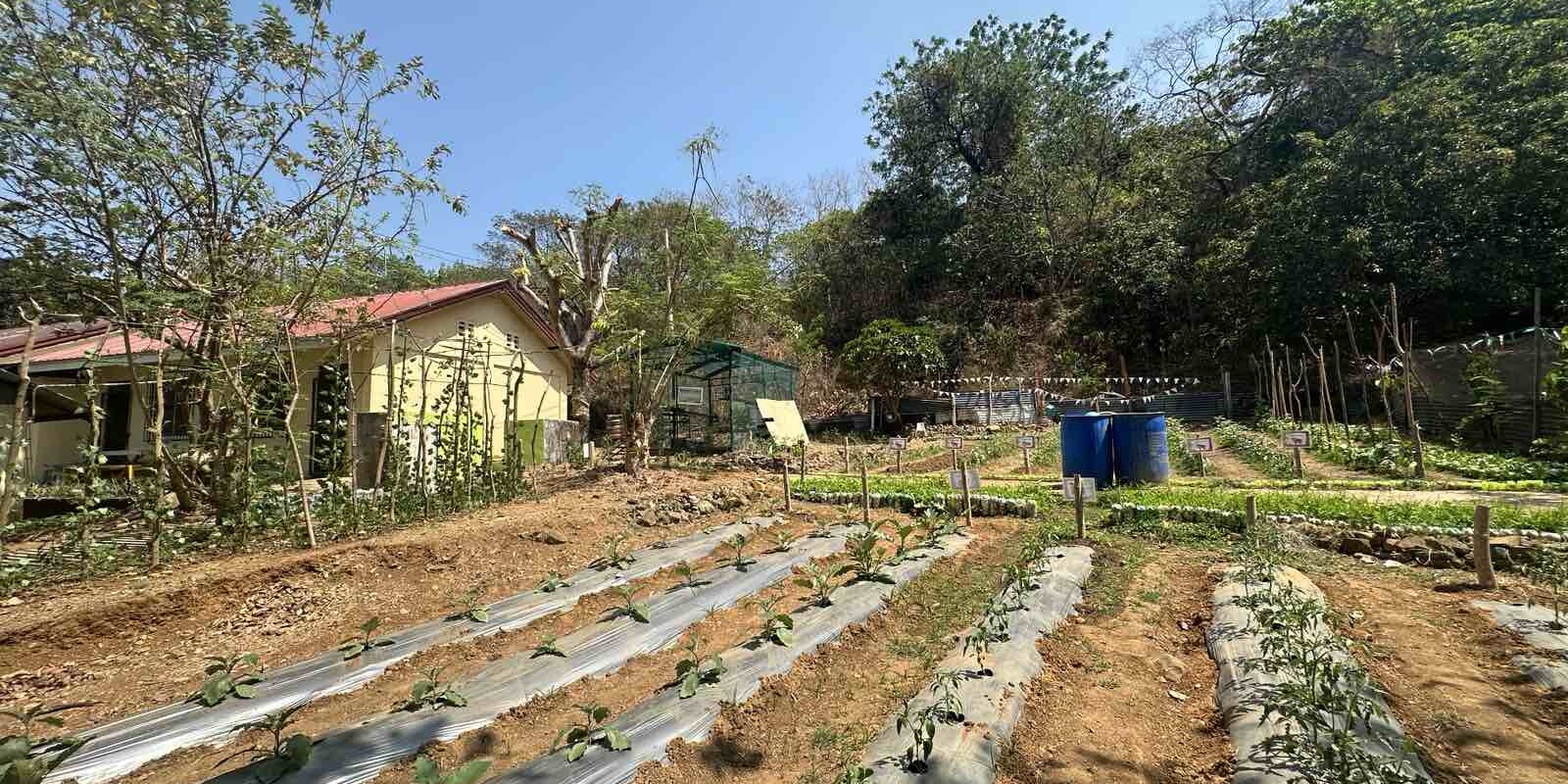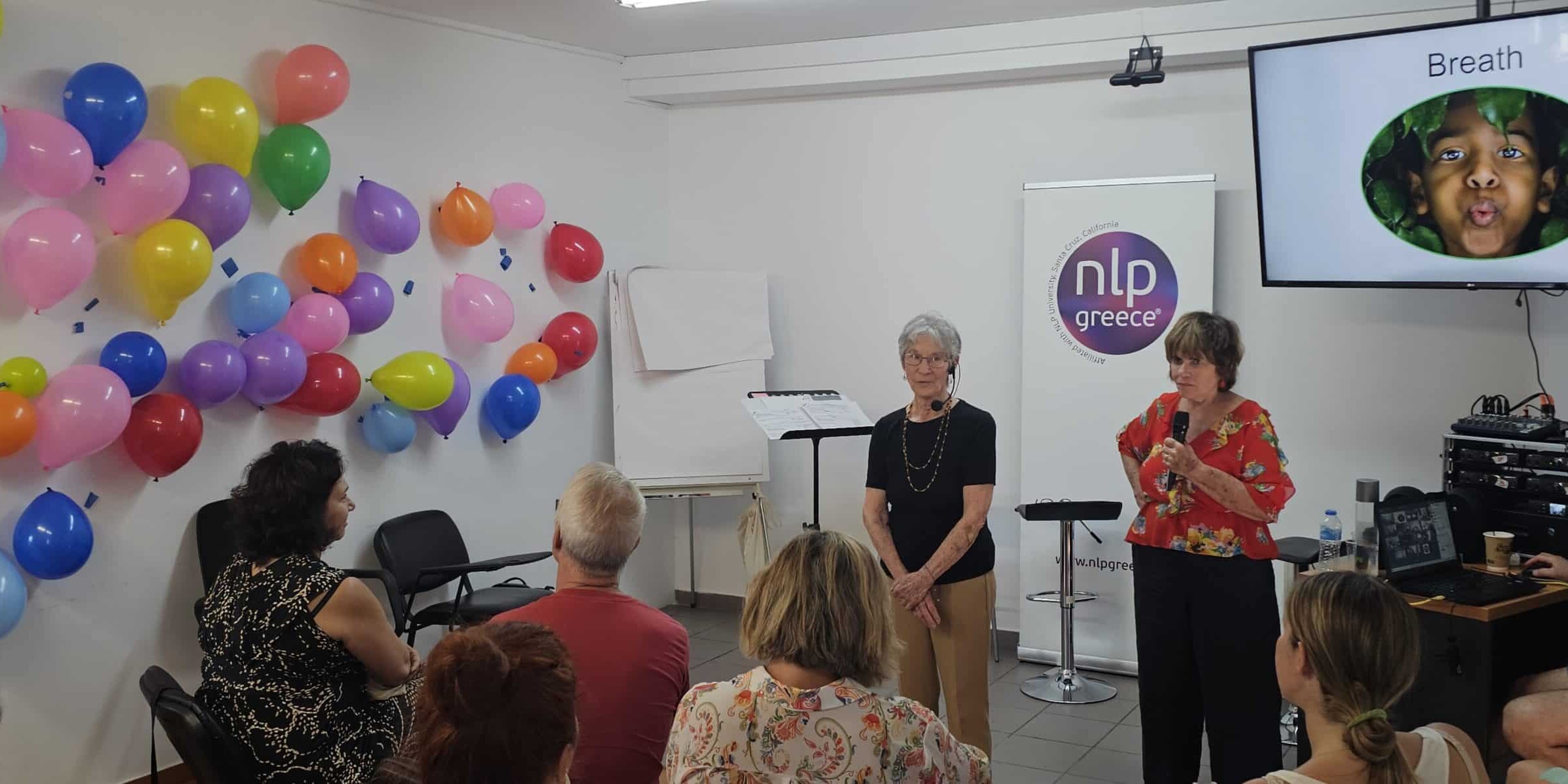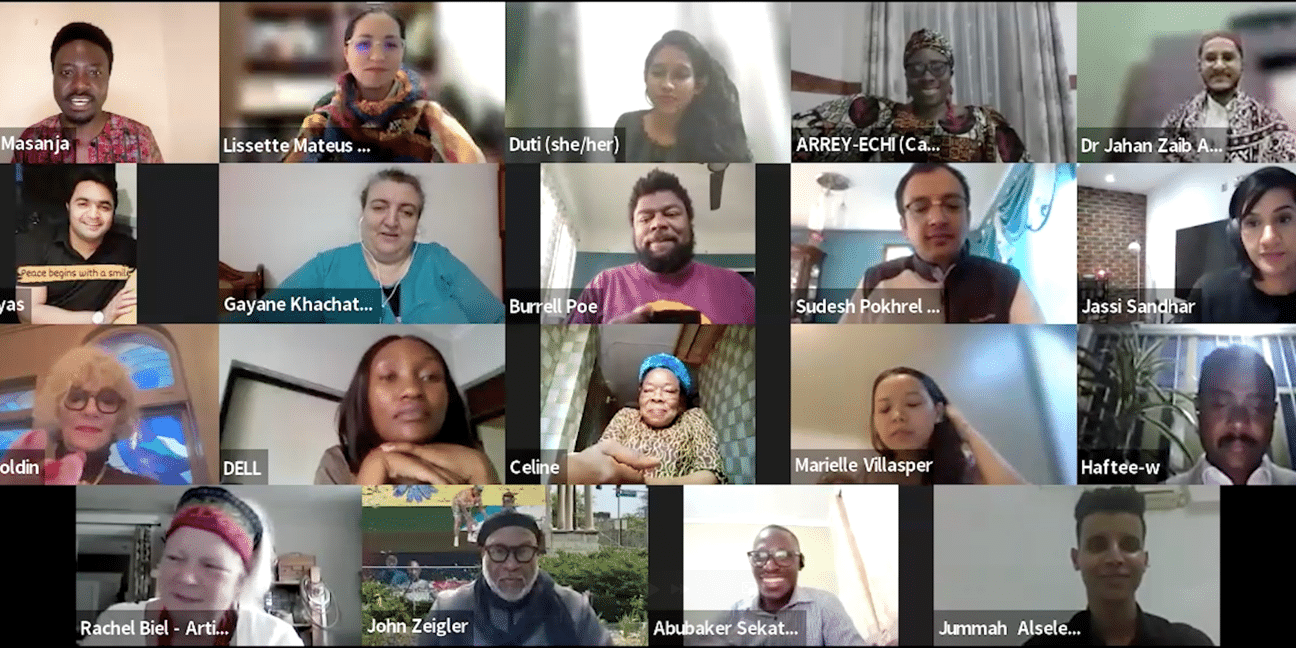By Jamal Alkirnawi, 2018 Goldin Global Fellow, Rahat, Israel

“We all feel that the violence in Israeli society is increasing and threatening to get out of control. To prevent this grim scenario, it is not enough to deploy police forces and create deterrence. We must deal with the unrestrained functioning of the social networks that intensify the conflict in general and among the younger generation in particular.”

The availability of social networks and electronic devices has created echo-chambers that drastically reduce the amount of information that contradicts and challenges our accepted perceptions. This significant drop in exposure to reliable and critical sources of information affects the youth specifically, resulting in herd behavior of acting without critical and adequate thoughts. This phenomenon can be explained by the growing sense of individualization among the post-1980 generations. These generations are the Y, Millennials, Z, and A generations, which we understand as Gen Y refers to those born between 1980 and 1985; Millennials were born between 1986 and 1995; Generation Z was born from 1996 until 2010; and the newest generation, generation alpha, are those born between 2010 and 2020s.
The culture of the internet interwoven with traditional beliefs oftentimes creates a contradiction between old and new values. Consequently, the tension we are observing in our Israeli communities in general, and particularly the Bedouin community, represents a period of transition from tradition to modernization. On one hand, our older generation Y group maintains their norms and practices; their traditions. On the other hand as the era of the internet permeates social networks, individualization has rapidly become a symbol of freedom and liberty. This, in turn, shapes the identity, language, and behavior of the members of Arab society. For instance, the usual norm in the Arab community is that families can make important decisions in determining the course of individuals’ lives. However, since the rise in internet usage the dynamic has become less and less reliant on the family and community. Everyone is occupied with his or her own virtual world and unable to create social contacts with outside environments, which is, in this case, their community.

In the recent escalation and the extreme cases of violence in the cities involved, we have seen the extreme consequences of this phenomenon. Teenagers got carried away by a wave of radicalization and instigation; they took to the streets to sow anarchy. Notable cases of this phenomenon are the events of “Operation Guardian of the Walls”, in which violent incidents and large-scale riots took place across Israel in May 2021. Hundreds were injured and three casualties were reported. This was overwhelming proof demonstrating the need to better educate teenage boys and girls to reduce the severe violence and incitement on digital networks.

To address the issue we initiated a new project in 2021. It is operated by the New Dawn Association in the Negev, a Bedouin-Jewish partnership located in the city of Rahat. So far, over 600 students in the Rahat area have been participating and benefiting from the series of educational sessions. We are currently looking into expanding the outreach to include the youth from nearby areas. The project promotes leadership programs and imparting skills to youth in the Bedouin society. Our long-term goal is to develop a generation of online activists who promote respectful democratic discourse and curb the violence and ranting therein.
To do this, we devote a lot of our resources to creating knowledge. We develop a wealth of expertise and tools that help the youth navigate the internet well. These include basic knowledge of principles of democracy, the difference between freedom of expression and incitement/hate speech, and how to create respectful discourses when engaging in online dialogues.
Our initiative of educating the Bedouin youth could not have been rolled out without the support from the partnerships, and foundations that sponsored in each and every capacity. We sincerely thank Eli Hurvitz and Foundation קרן שותפות for the generous and indispensable championship.
READ MORE AT
- https://www.jdn.co.il/video/1794825/
- https://www.israelhayom.co.il/magazine/hashavua/article/10194654
Author
-
Travis Rejman is the founding Executive Director of the Goldin Institute, a global non-profit based in Chicago that has inspired, equipped and connected grassroots leaders in over 50 countries over the last twenty years. Bio
View all posts




